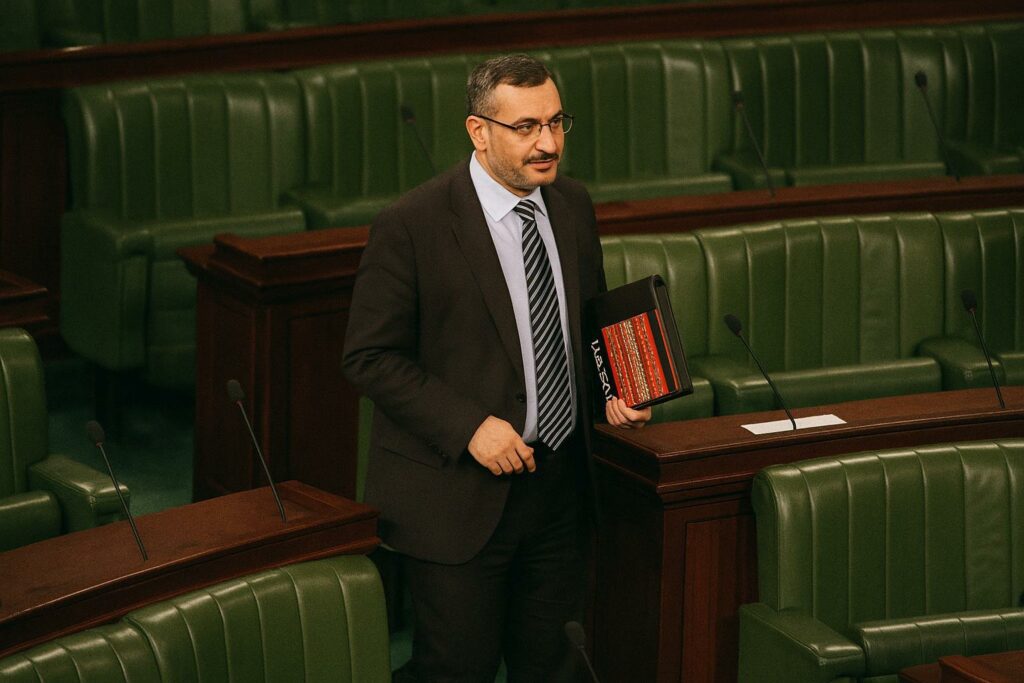A Controversial Court Decision
The judicial corridor of Tunisia witnessed tumultuous activity as Sahbi Atig, a former parliamentarian and a formidable figure in the Ennahda party, was handed a 15-year prison sentence. The court, situated in Ariana, declared Atig guilty of serious charges including money laundering and misuse of his social and professional standing. This conviction however, has sparked a considerable stir both domestically and internationally, given the contentious backdrop of Tunisia’s political scene.
Allegations of Politicization
Atig’s defense painted the sentencing as a clear illustration of a politically motivated trial. His attorney, Mokthar Jmaayi, denounced the ruling, claiming it lacks credible evidence and merely serves to stymie political opposition. The verdict, according to Jmaayi, aligns with a pattern of judicial manipulation, a narrative not unfamiliar in Tunisia’s recent political history.
A Timeline of the Trial
The sequence of events leading to Atig’s sentencing unfolded over several years. Initially triggered by a 2016 robbery at Atig’s residence, the investigation found renewed momentum when a suspect, several years later, alleged coercion to remain silent. This drastic turn of events intensified scrutiny, culminating in the 2023 appellate decision that brought the case back to the criminal court for decisive judgment.
Implications for Tunisian Politics
The appeal outcome might influence Tunisia’s fragile political equilibrium. As the episode unfolds, it challenges the independence of the judiciary and raises alarms about possible power consolidation tactics against dissenting voices. With Tunisia’s socio-political affairs closely monitored by global stakeholders, any infringement could potentially redefine diplomatic engagements.
Previous Legal Troubles
Adding layers to Atig’s plight is his previous conviction. Prior to this recent case, Atig served a sentence following an arrest in 2023 over suspicions of conspiracies against national security. This recurring legal theme undeniably paints a picture of Atig’s turbulent journey through Tunisia’s judicial system, a journey observers argue may well be shrouded in ulterior political motives.

